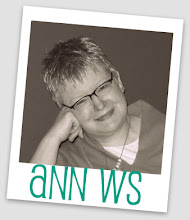Another resource MakeUseOf points out is the European Virtual Museum. This collaboration among 20 museums has these features:
- Browse historic items from over 20 museums across Europe.
- View items by country, museum, time period BC and categories.
- Each item has it is own page with detailed related information.





